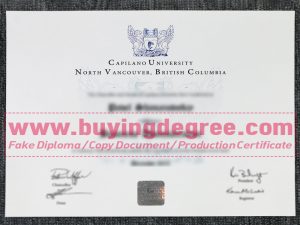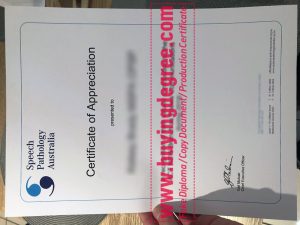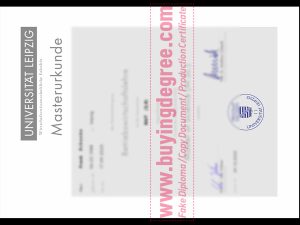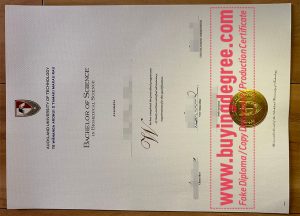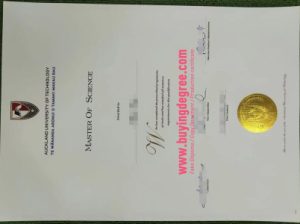
What are the uses of a health sciences degree for practitioners? How to buy a Bachelor of Health Sciences degree? Buy a masters degree, fake bachelors degree. A degree in health sciences can be an attractive option for those fascinated by science and interested in pursuing a career in the healthcare sector. So what can international students with a degree in health sciences do? Let’s find out together!
The health sciences differ from the basic sciences such as biology, physics, and chemistry because these disciplines often explore topics that are not related to health. Although this type of science focuses specifically on health problems and health outcomes, it is a broad interdisciplinary field that includes both the natural and behavioral sciences.
Why Apply for a Health Sciences Degree
The health sciences program combines laboratory science courses with courses necessary to understand population health, why individuals make unhealthy choices and the factors beyond an individual’s control that affect their health. The Faculty of Health Sciences states that courses in this discipline typically require study in health-related social science areas such as epidemiology, sociology, and psychology. The health sciences professor explained that health science degrees often also include courses in nutrition and exercise science, and they often require many public health courses.
Additionally, courses in this discipline sometimes allow students to study health policy or the business of health care. Purchasing a health science degree can be used to prevent infectious diseases. Health science courses may also cover specific health issues such as infectious diseases, the professors said. A degree from the School of Health Sciences provides a solid foundation for graduate school in health care, experts say.
Gary Liguori, dean of the University of Rhode Island’s School of Health Sciences, said, “The study of the health sciences often goes well beyond the technical training required to become a particular type of health care provider.” Liguori also said: “Programs often include extensive classes on preventive health, supplemented with material on disease treatment.”
Advantages of getting this degree
A key benefit of pursuing a health science degree, relative to other types of health-related degrees, is that it exposes people to multiple aspects of healthcare, which can help them decide which type of health career to pursue, experts say.
Earning a fake health science degree can be applied to a wide variety of health careers, according to health science scholars. In fact, because there are too many jobs to list on a short list. It’s worth noting that some careers, such as medicine, physical therapy, and occupational therapy, require far more clinical training and graduate education than a bachelor’s degree in health sciences can provide, and many jobs in this field require certification.
Behavior analysts.
Career direction
- Community health or public health workers
- DOCTOR.
- Hearing aid experts.
- Health educators.
- Mental Health Counselors
- Patient Care Advocate
- Pharmacy Sales Representative
- Physiotherapist or Occupational Therapist
- Registered diagnostic medical sonographer
- Registered radiographer
- Research Assistant or Assistant
- REGISTERED DIETITISTS.
Grow your income
Ordering a fake health sciences masters degree can earn you a higher income. How to Get an MBA Fast in 2023? “While everyone has their own expertise in A more formal title, but health science graduates are often referred to in the professional world as ‘technologists'” According to PayScale, US employees with a bachelor’s degree in health science earn an average salary of $63,000. “Health science was a relatively new academic discipline that emerged in the early 2000s and has grown in popularity since. Many of the health science programs that exist today It wasn’t there 15 years ago.” He also said, “Health science majors are starting to pop up at colleges and universities across the country, but it’s not something that many colleges have been doing for a long time. So I think one of the issues is making people aware of these programs. , they are prepared for graduate study and careers in the health field.” Experts say: “A bachelor’s degree in health science is more common than a graduate certificate in the field because a master’s degree in health tends to focus on a specific aspect of health, such as a career therapy, rather than an interdisciplinary specialization. However, there are some broadly focused master’s and doctoral programs in the health sciences.”
“It’s more like a general degree that our students design themselves based on their own interests,” Chervinsky said of Oregon State’s health sciences master’s and doctoral degrees. Meanwhile, some health sciences leaders “Their projects tend to focus on a specific aspect of the health sciences,” said.
Rivka Molinsky, associate dean for students and innovation at the School of Health Sciences at Touro College in New York, notes that the School of Health Sciences at Touro College offers a broad range of graduate degrees with a focus on specific Clinical specialties such as mental health counseling and physician assisting.
Experts say a health sciences degree is especially suitable for people with diverse academic interests. Dr. Kenneth A. Geller, an internist and former director of the Office of Health Counseling at the University of Southern California’s Dornsife College of Letters, Arts, and Sciences, said undergraduate Health science programs are best for college students who enjoy technical fields like mathematics and social science fields like anthropology.
Geller, an associate professor at USC’s Keck School of Medicine, wrote in an email — more importantly, however, that individuals must genuinely wish to take advantage of This knowledge to improve the lives of the communities in which they will work locally, nationally, internationally, or globally.
Experts explained that because the discipline of health sciences focuses on applying scientific knowledge to real-world problems, it requires a practical, hands-on approach. Geller finds training in this area very useful. Unfortunately, there will always be healthcare problems ahead of us, so there will always be a need for healthcare workers and people from all walks of life with backgrounds in the health sciences.
Alumni of the health sciences programs say the programs provide a strong foundation for careers as clinicians. Houston-based sports physical therapist Adeeb Khalfe, who earned a bachelor’s degree in health sciences before earning a doctorate in physical therapy, says the undergraduate health science program provides excellent preparation for graduate-level health care professional school. “It’s a great way to complete all the prerequisites for medical school, dental school, and physical therapy school,” Khalfe wrote in an email.
Rhode Island University’s Liguori encourages prospective health science students to ask themselves if they would like to pursue a career in the service industry, as this humanitarian motivation is central to a career as a health professional. He added: “Prospective health science students should also consider whether they enjoy problem-solving, teamwork and analyzing data, as these skills are often in demand in the health care sector.”

